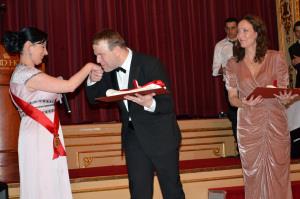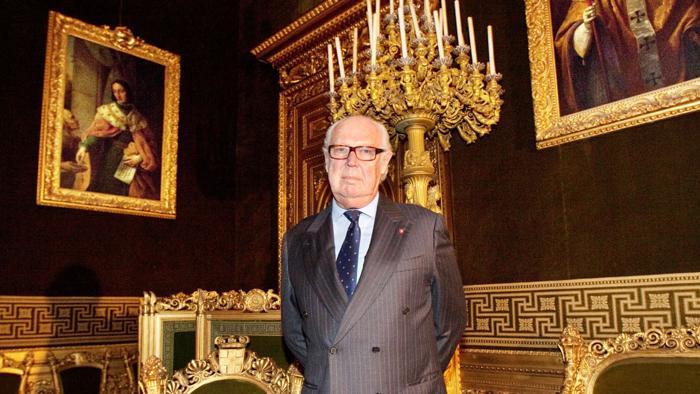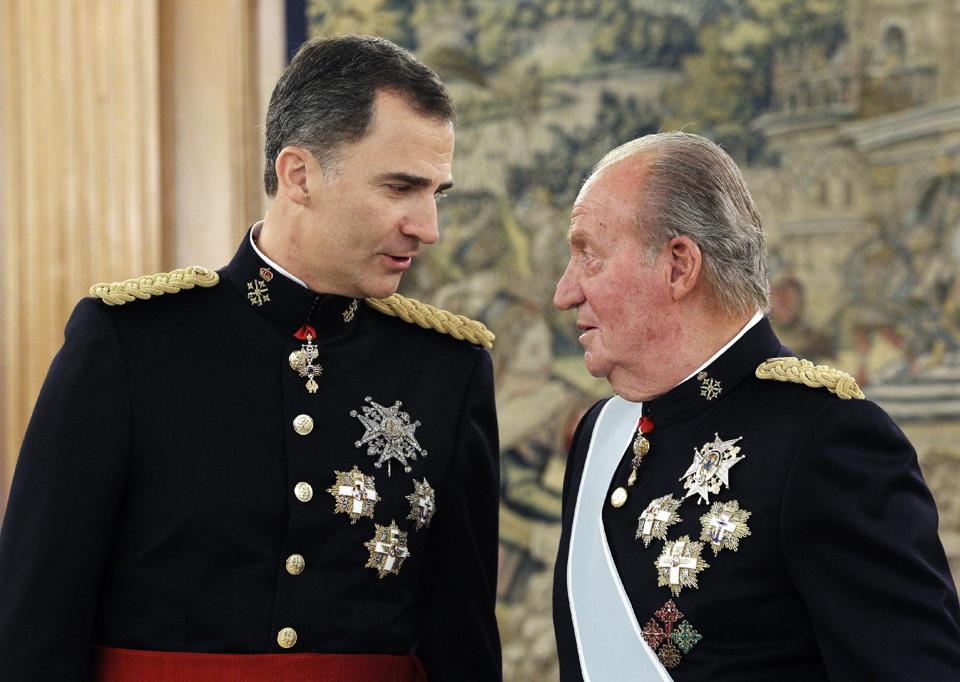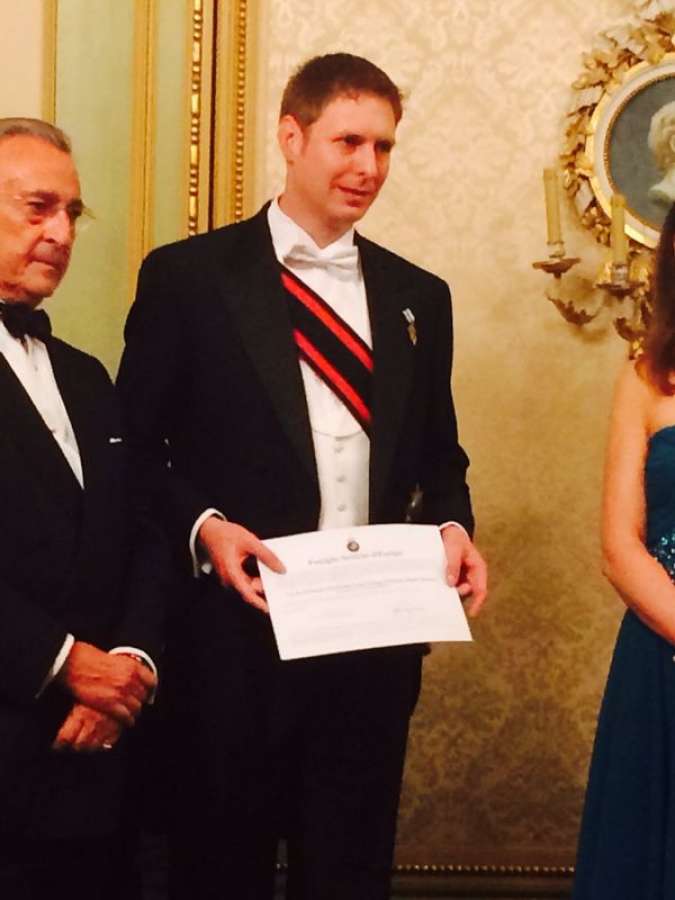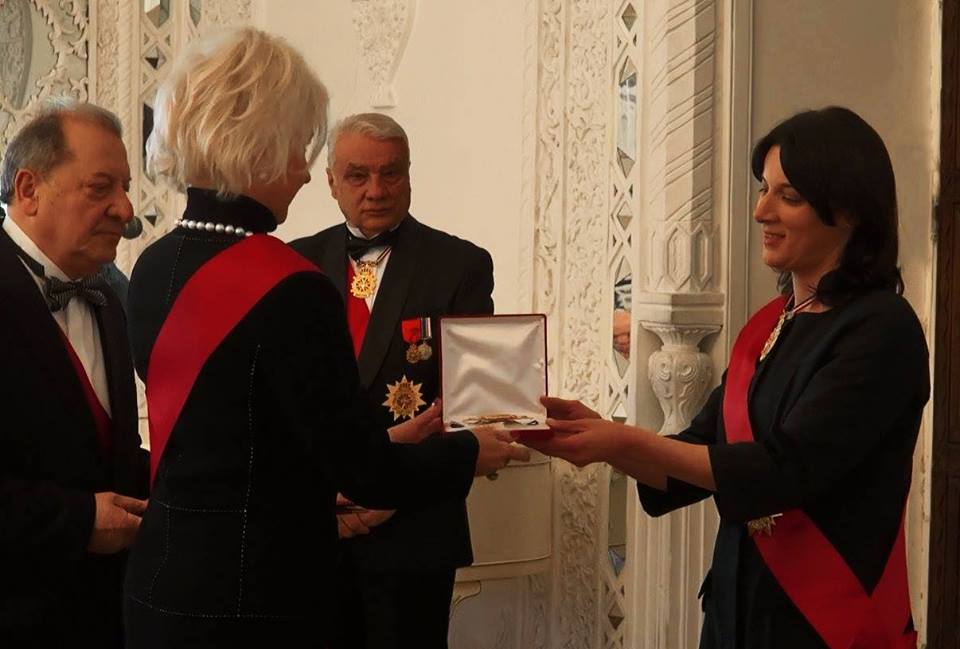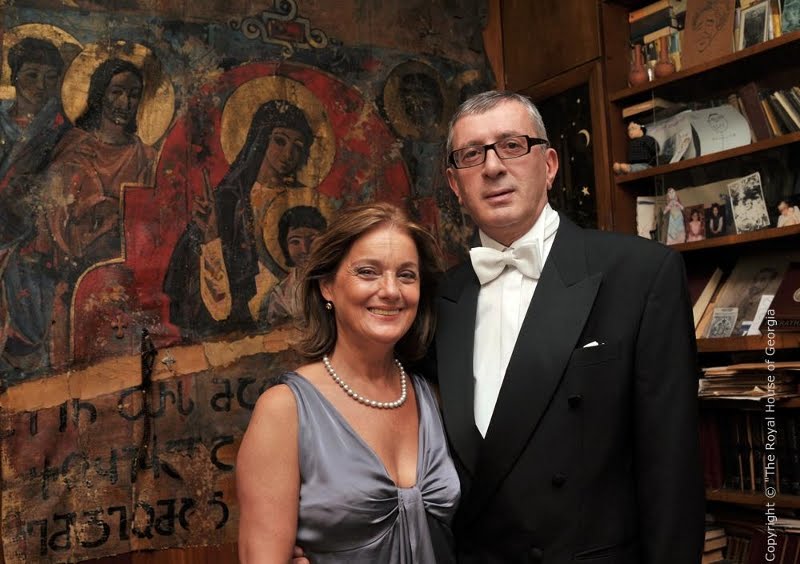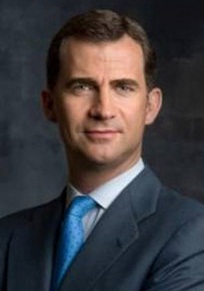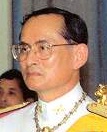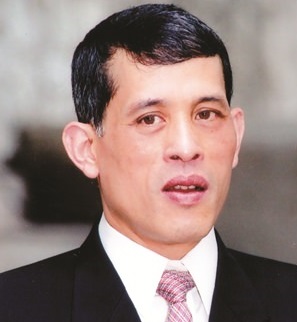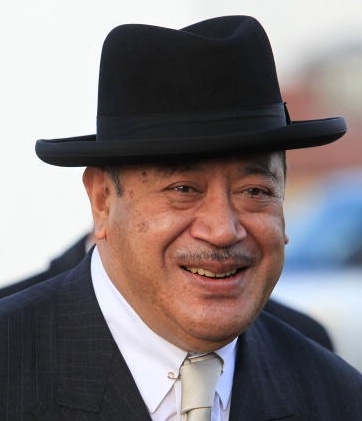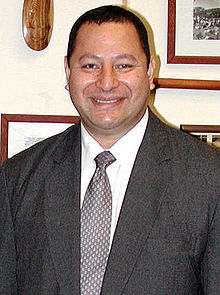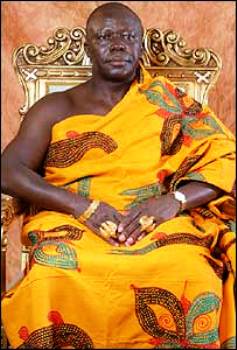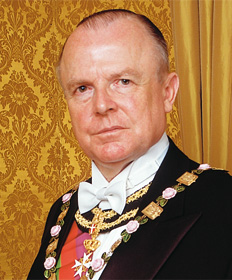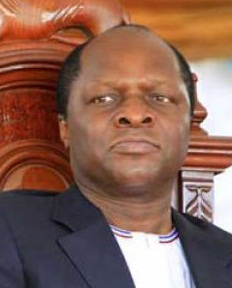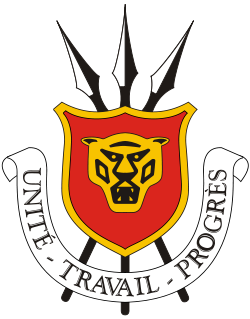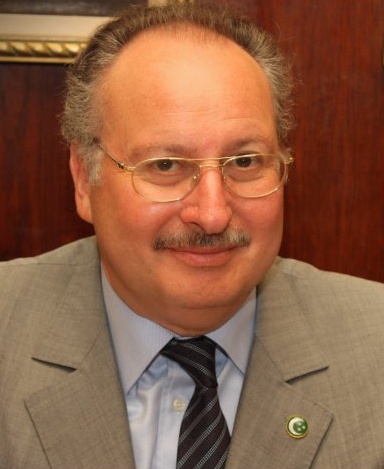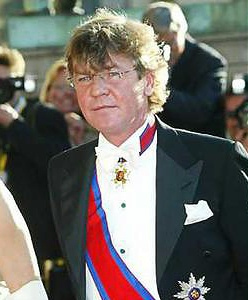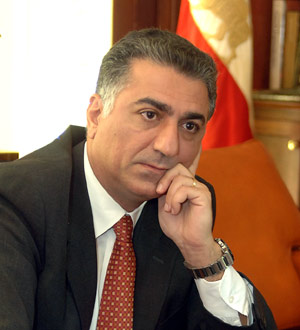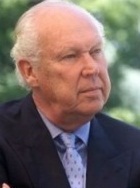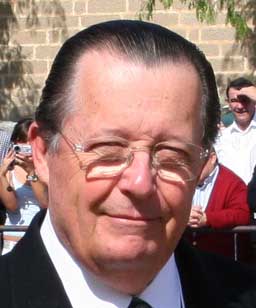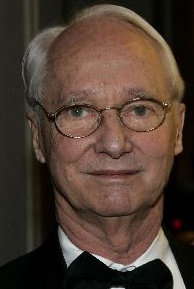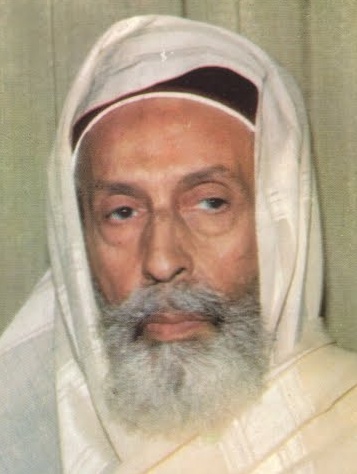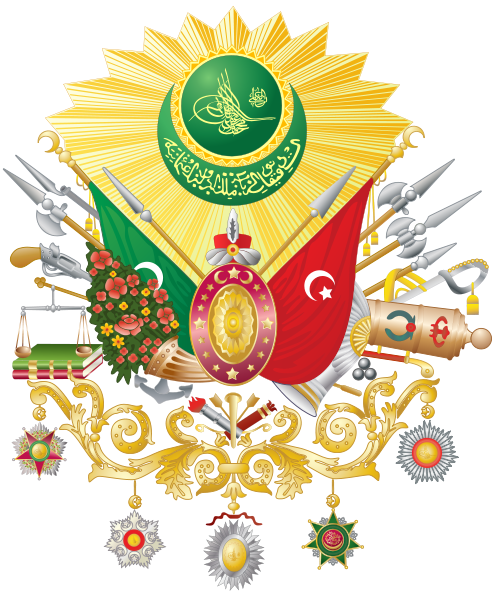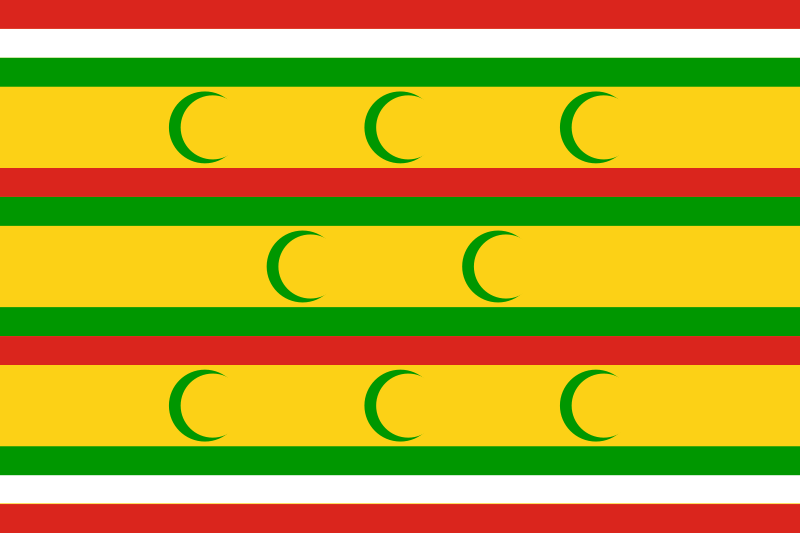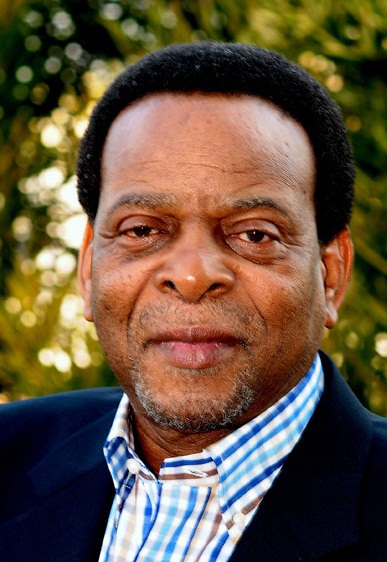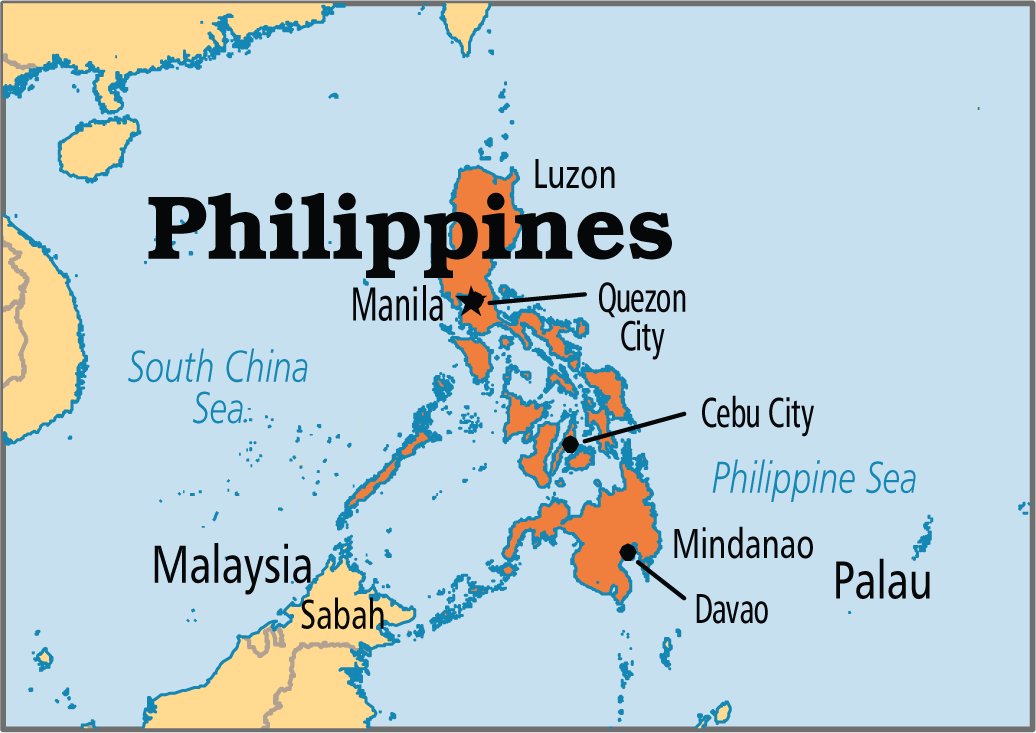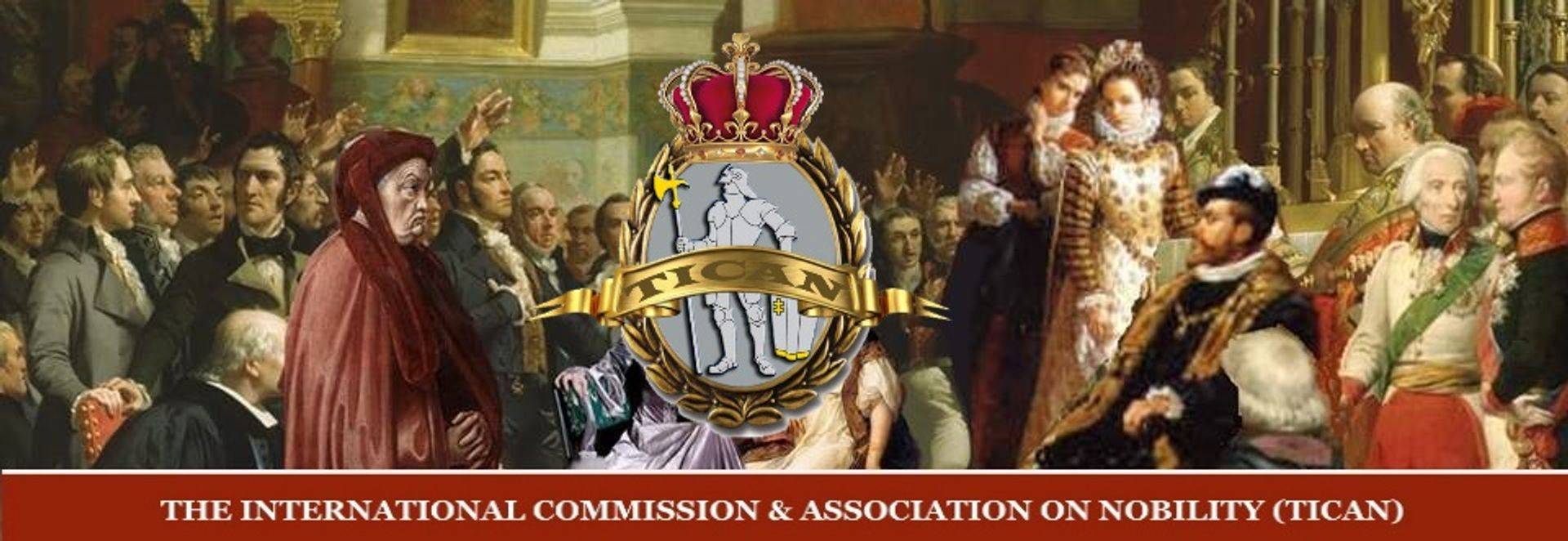
Title
WORLD ROYAL FAMILIES
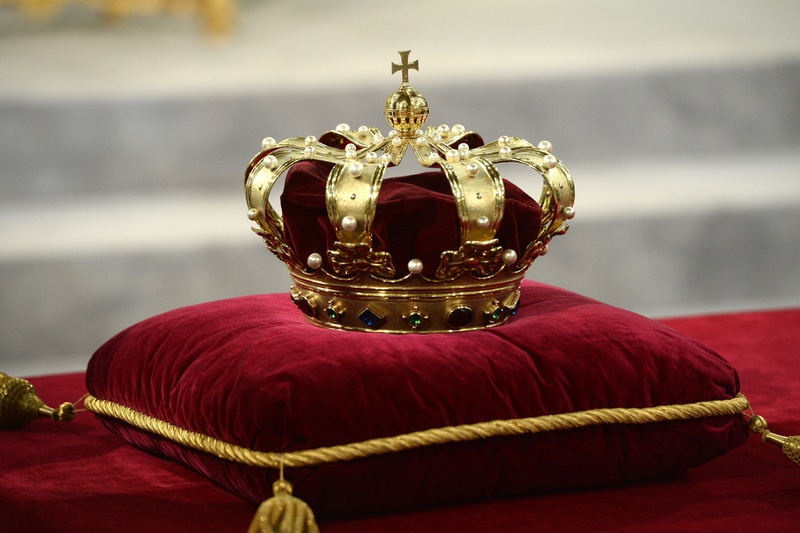
Welcome to the Collection of Monarchs, Members of World Royal Families, Public Figure. Feel free to click on any of the links below to select the Royal Houses of your interest. The register does not pretend to be exhaustive, the page is incomplete and some cases controversy exists about who is the rightful head.
Since 1800, most of the world's monarchies have been abolished by dismemberment or annexation, or have been transformed into republics; most current countries that are monarchies are constitutional ones. Among the few states that retain aspects of absolute monarchy are Brunei, Oman, Qatar, Saudi Arabia, Swaziland and the Vatican City (the papal city-state, an electoral theocracy). In Jordan and Morocco, the monarch also retains considerable power. There are also recent (2003) developments in Liechtenstein, wherein the regnant prince was given the constitutional power to dismiss the government at will. Nepal had several swings between constitutional rule and direct rule related to the Maoist rebel movement and killings by a suicidal crown prince. In December 2007 the Nepalese government agreed to abolish the country's monarchy after the Constituent Assembly elections in 2008. The monarchy was formally abolished on the 28 May, 2008.
From the constitutional monarchies of Western Europe to the absolute monarchies of the Middle East to the figurehead monarchy of Japan, royals play many roles in the modern worldThe work requires the cooperation of the concerned dynasties, especially from the Heads of these families. We always try to the best to add more information whenever possible. Additions and corrections will be gratefully accepted, information, addresses or photos are welcome.
| LIST OF ROYAL HOUSES AROUND THE WORLD | |
| EUROPE | |
| H.M. King Felipe VI ( sworn in on 19 June 2014) The Kingdom of Spain (The Royal House of Borbón) H.M. King Juan Carlos I (abdicated) |
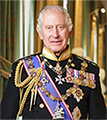 | H.M.
King Charles III |
 |
The Kingdom of the Netherlands |
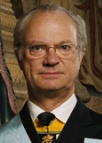 | H.M. King Carl XVI Gustaf |
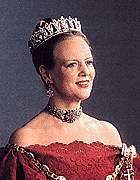 | H.M. Queen Margrethe II |
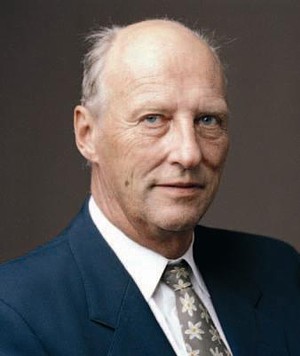 |
|
 | H.M. King Albert II |
 | H.S.H. Prince Albert II |
 | H.S.H. Prince Hans-Adam II |
.jpg) | H.R.H. Grand Duke Henri |
Middle East | |
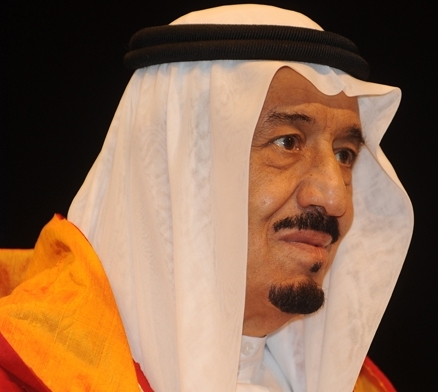 |
H.M King Salman bin Abdul Aziz Al Saud |
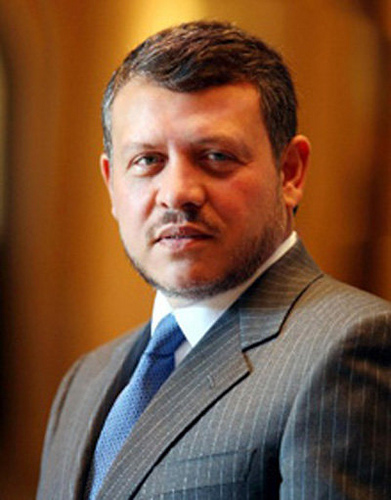 | H.M. King Abdullah II |
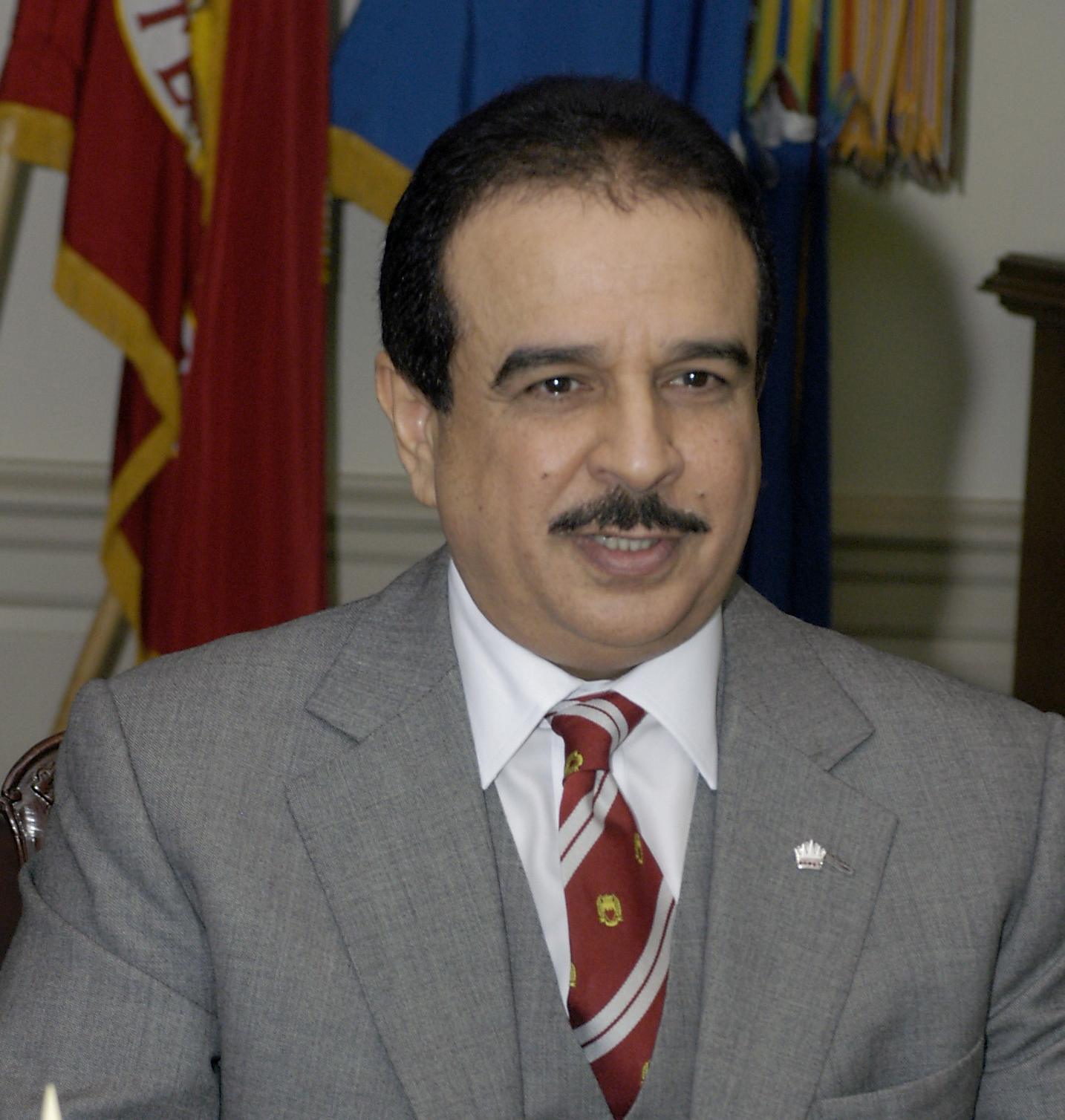 | H.M. King Hamad bin Isa Al-Khalifa |
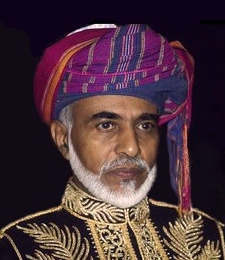 | H.M. Sultan Qaboos bin Said Al-Said |
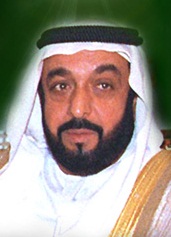 | H.H. Sheikh Khalifa bin Zayed bin Sultan Al-Nahayan |
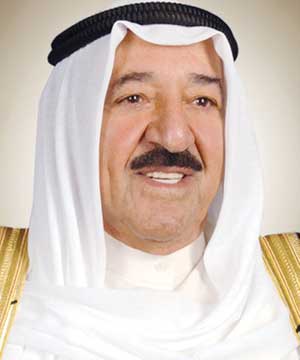 | H.H. Sheikh Sabah IV Al-Ahmad Al-Jaber Al-Sabah |
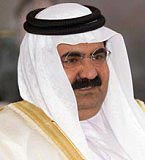 | H.H. Sheikh Hamad bin Khalifa Al-Thani |
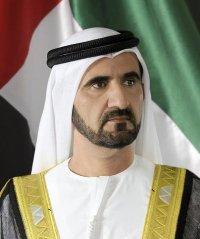 | H.H. Sheikh Mohammed bin Rashid Al-Maktoum |
| | H.H. Sheikh Humaid bin Rashid Al-Nuaimi |
| | H.H. Sheikh Hamad bin Mohammed Al-Sharqi |
| | H.H. Sheikh Sultan bin Mohammed Al-Qasimi |
| | H.H. Sheikh Rashid III ibn Ahmad Al-Mu'alla |
Africa | |
 | H.M. King Mohammed VI |
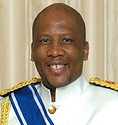 | H.M. King Letsie III |
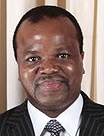 | H.M. King Mswati III |
Asia | |
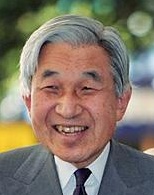 |
|
| H.M. King Bhumibol Adulyadej His Majesty King Bhumbol Adulyadej of Thailand, born December 5 1927, died October 13 2016 at age 88 Crown Prince Maha Vajiralongkorn (born July 28, 1952) will be the new monarch |
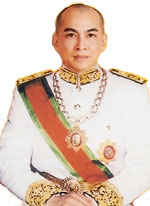 | H.M. King Norodom Sihamoni |
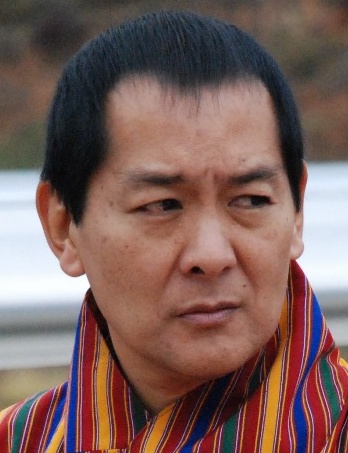 | H.M. King Jigme Singye Wangchuck |
| | His Majesty The Yang di-Pertuan Agong XV State: Kelantan |
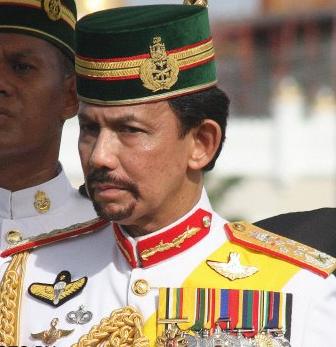 | H.M. Sultan Haji Hassanal Bolkiah Muizzaddin Waddaulah of Brunei |
Oceania | |
| H.M. King George Tupou V
Tupou VI the King of Tonga. He is the younger brother and successor of the late King George Tupou V. He was officially confirmed by his brother on 27 September 2006 as the heir presumptive to the Tongan throne, as his brother (a bachelor) had no legitimate children
|
Non-Reigning Monarchies and Their Heirs
A non-sovereign monarchy is one in which the head of the monarchical polity (whether a geographic territory or an ethnic group), and the polity itself, are subject to a temporal authority higher than their own. The constituent states of the German Empire provide a historical example; a contemporary one is the Zulu King, whose power derives from the Constitution of South Africa.
| ALPHABETICAL ORDER BY COUNTRY | |
  | |
|
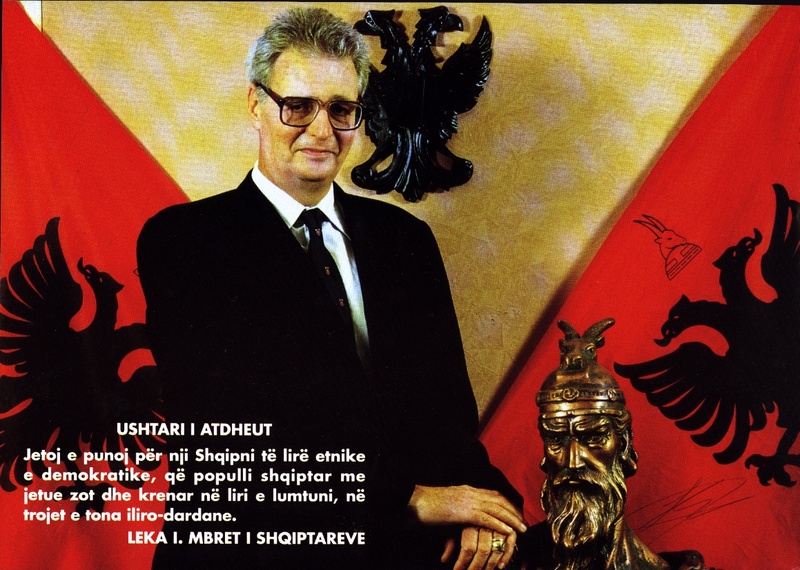  | ALBANIA: HM King Leka I (throne assumed in exile**) (1961-) died on November 30, 2011 Heir: HRH Crown Prince Leka II of Albania |
| ASHANTI: HM Asantehene Osei Tutu II (1999- ) Ghana |
 | AUSTRIA: HIRH Archduke Otto (1922- July 14, 2011) |
| BAVARIA: HRH Duke Franz (1996- ) |
| BRAZIL: HIRH Prince Dom Luiz de Orleans e Braganga -+ Heir: HIRH Prince Dom Bertrand de Orleans e Braganga (brother) |
| BUGANDA: HM Kabaka Mutebi II (III) (1969- ) |
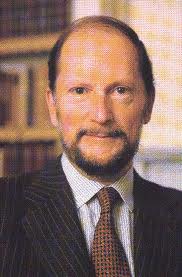 | BULGARIA: HM King Simeon II (1943- ) Heir: HRH Crown Prince Kardam of Bulgaria, Prince of Tirnovo |
| BURUNDI: Princess Rose Paula Iribagiza |
|
| CHINA (Ch'ing): Prince Yu Yan is recognized by |
| EGYPT: HM King Ahmed Fouad II (1952- ) Heir: HRH Prince Muhammad Ali, Prince of Said |
| ETHIOPIA: HIM Emperor Amha Selassie I (throne assumed in exile) (1975- ) [deceased 1997...no formal succession announced] Heir: HIH Crown Prince Zara Yakob of Ethiopia |
| |
FRANCE (Empire): HIH Prince Jean Christophe Bonaparte (The Prince Napoleon) (1997- ) |
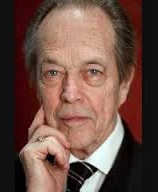 | FRANCE (Kingdom): HRH Prince Henri, Count of Paris (1999-) (son of the preceding claimant, previously known as Count of Clermont) |
|
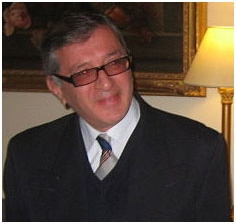 | GEORGIA: H.R.H.Prince Nugzar Bagration Gruzinsky |
|
| GERMANY: HIH Prince Georg Friedrich (1976- )
GERMANY--Anhalt: HH Julius Eduard, Duke of Anhalt (http://en.wikipedia.org/wiki/Eduard,_Prince
GERMANY--Baden: HDGH Maximilian Andreas Friedrich Gustav Ernst August Bernhard, Grand Duke of Baden / Designated Heir: Bernhard, Hereditary Prince of Baden (http://en.wikipedia.org/wiki/Maximilian,
GERMANY--Bavaria: HRH Duke Franz von Bayern / Heir: HRH Prince Max-Emanuel Ludwig Maria Herzog in Bayern, Duke in Bavaria (www.jacobite.ca/kings/francis2.htm)
GERMANY--Hanover & Bruswick: HRH Prince Ernst August V / Heir: HRH Prince Ernst August of Hanover, Duke of Brunswick-Lüneburg
GERMANY--Hesse: HRH Prince Moritz Friedrich Karl Emanuel Humbert Landgraf of Hessen-Kassel, Grand Duke of Hesse and by Rhine / Heir: HRH Prince Donatus of Hesse (http://en.wikipedia.org/wiki/Moritz,
GERMANY--Lippe-Biesterfeld: HSH Friedrich Wilhelm, Prince of Lippe (This is contested by HSH Prince Armin of Lippe who renounced his rights in 1953) (http://en.wikipedia.org/wiki/Armin,
GERMANY--Mecklenburg-Schwerin & Strelitz: HIRH Prince Georg Friedrich, Prince of Prussia, Grand Duke of Mecklenburg / Heir presumptive: HRH Prince Christian-Sigmund of Prussia
GERMANY--Oldenburg: HRH Anton Günther, Grand Duke of Oldenburg / Heir: HRH Christian, Duke of Oldenburg (http://en.wikipedia.org/wiki/Anton-G%C3%BCnther,_Duke_of_Oldenburg)
GERMANY--Prussia: HRIH Prince Georg Friedrich / Heir presumptive: HRH Prince Christian-Sigmund of Prussia (www.preussen.de/en/today.html)
GERMANY--Reuss-Schleiz: Heinrich VIII
GERMANY--Reuss-Schleiz-Köstritz: HSH Prince Heinrich IV
GERMANY--Saxe-Coburg and Gotha: HSH Andreas Michael Friedrich Hans Armin Siegfried Hubertus / Heir: HSH Hubertus, Hereditary Prince of Saxe-Coburg and Gotha (http://en.wikipedia.org/wiki/Andreas, _Prince_of_Saxe-Coburg_and_Gotha)
GERMANY--Saxe-Meiningen: HSH Prince Johann Friedrich Konrad Carl Eduard Horst Arnold Matthias Prinz von Sachsen-Meiningen, Duke of Saxe-Meiningen / Heir: HSH Princess Feodora of Saxe-Meiningen (http://en.wikipedia.org/wiki/Duke_Frederick _Konrad_of_Saxe-Meiningen)
GERMANY--Saxe-Weimar-Eisenach: HSH Prince Michael-Benedict, Grand Duke of Saxe-Weimar-Eisenach (www.btinternet.com/~allan_raymond/Saxe _Weimar_Royal_Family.htm)
GERMANY--Saxony: HRH Prince Maria Emanuel, Margrave of Meissen / Heir: HRH Alexander Prinz von Sachsen-Gessaphe (adopted) (http://en.wikipedia.org/wiki/Maria_Emanuel,
GERMANY--Schaumburg-Lippe: HSH Prince Ernst August Alexander Christian Viktor Hubert / Heir: HSH Prince Heinrich-Donatus (http://en.wikipedia.org/wiki/Alexander,
GERMANY--Waldeck & Pyrmont: HRH Prince Wittekind / HRH Prince Carl-Anton (http://en.wikipedia.org/wiki/Wittekind_Adolf, _Prince_of_Waldeck_and_Pyrmont)
GERMANY--Württemberg: HRH Carl, Duke of Württemberg / Heir: HRH Prince Friedrich (http://en.wikipedia.org/wiki/Carl,_Duke_of_W%C3%BCrttemberg)
GERMANY (The "de jure" sovereign high nobility of the former Holy Roman Empire are considered royalty and are composed of dukes, princes, and counts --- too many to keep track of)
|
| GREECE: HM King Constantine II (1964- ) Heir: HRH Crown Prince Pavlos |
| HANOVER: HRH Prince Ernst August(1987- ) |
 |
H.R.H. Prince Quentin Kuhio
Kawananakoa (born Sept. 28, 1961) Heir: HRH Prince Kincaid Kawananakoa (born June , 1997)
|
 | HUNGARY (see also Austria): HIRH Archduke Otto, Crown Prince of Hungary from 1916 Heir: HIRH Archduke Karl of Austria-Hungary |
|
| INDIA: too many too list (Maharajahs, nawabs, and other princes of states ) |
|
| KANDY: Kandy Ramamurthy Rajah |
| IRAN: HIM Shah Reza II (throne assumed in exile) |
| ITALY: HRH Prince Victor Emanuel, Prince of Naples, Duke of Savoy Heir: HRH Prince Emanuel Filiberto, Prince of Venice (Picture) |
| Italy: HRH Prince Amedeo, Duke of Aosta, Duke of Savoy Passed away June 2021 Heir: HRH Prince Aimone, Duke of Apulia |
| Italy: HRH Archduke Sigismund, Grand Duke of Tuscany |
 | Italy: Two Sicilies: HRH Prince Charles de Bourbon, Duke of Castro and Calabria |
| Italy: Two Sicilies: HRH Infante Don Carlos, Duke of Calabria, Infante of Spain Passed away on Sept. 05, 2015 |
| Italy: Parma: HRH Carlos Hugo, Duke of Parma and Piacenza Prince Carlos Hugo, the Duke of Parma, passed away in Barcelona of prostate cancer on 18 August 2010. He was 80 years old.Heir: HRH Prince Carlos of Bourbon-Parma, Prince of Piacenza, Duke of Madrid |
| KOREA: HIH Prince Kyu Lee |
| LIBYA: Prince Mohammed el-Senussi was designated in 1992-3 |
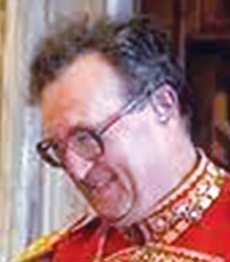 | MEXICO HIH Count Maximilian von Goetzen-Iturbide, Prince Imperial of Mexico, Prince of Iturbide, Count of Goetzen/ Heir: HIH Prince Fernando |
 |
MODENA: HIRH Archduke Lorenz of Austria-Este (HRH the Duke of Bavaria is the heir in blood, the Habsburgs have long claimed the title by a dubious devise) |
|
 | MONTENEGRO: HRH Prince Nichola Petrovich-Njegosh |
MUSTANG: HH Raja Jigme Parbal Bista | |
| NEPAL: H.M. King Gyanendra Bir Bikram Shah Dev (2001- ) |
|
|
POLAND: the Polish monarchy was elective, not hereditary, and thus there is no individual claimant [the Polish monarchy was at partition in 1795 set to become hereditary in a branch of the Saxon dynasty now extinct] |
| PORTUGAL: HRH Prince Dom Duarte, Duke of Braganza (1978- ) Duarte Pio only became the pretender to the throne in 2007 after the death of his older brother. The Portuguese monarchy was completely abolished in 1910, which made life difficult for their king who didn’t die until 22 years later. Today, Duarte Pio claims to be the rightful king of Portugal. |
|
| PRUSSIA (see also Germany): HIRH Prince Georg Friedrich+ (1994- ) |
| ROMANIA: HM King Michael I* (1940- Dec 05, 2017 ) Passed away Dec. 05, 2017 Heir: Margarita, Crown Princess. |
| |
| RUSSIA: HH Prince Nicholas Romanoff or Romanovsky-Cheremeteff asserts a claim to be Head of the House of Romanoff - (September 26, 1922-September 14, 2014) Picture left: Prince Dimitri Romanov |
| RWANDA: HM King Kigeli V (His Majesty passed away Sunday October 16, 2016) |
|
|
SAXONY: HRH Prince Maria Emanuel, Margrave of Meissen
31 January 1926 ? 23 July 2012
|
| SERBIA (see also Yugoslavia): HRH Crown Prince Alexander** (1970- ) Heir: HRH Prince Peter |
| TURKEY (Ottoman Empire): succession unclear on death of Prince Ertogrul Osman in 2009, Prince Dundar and Prince Osman Bayezid are claimants |
|
 | VIETNAM: HIH Crown Prince Bao Long (1997- ) |
|
WURTTEMBERG: HRH Prince Carl, Duke of Wurttemberg (1975- ) Heir: HRH Prince Friedrich | |
|
|
XHOSA: HM King Maxhoba Sandile
May 21, 1955 - July 11, 2011
|
|
|
YEMEN: HRH Crown Prince Ahmad al-Ghani (1996- )
|
 |
YUGOSLAVIA: HRH Crown Prince Alexander (1970- ) Heir: HRH Prince Peter |
| ZANZIBAR: HH Sultan Jamshid bin Abdullah (1963- ) |
|
ZULUS: HM King Goodwill Zwelithini (1972- ) |
UGANDA
The Constituent Kingdoms of Uganda
Uganda, as a landlocked African nation, experienced colonialism only in the late 19th century, well after European interests had taken control in most other regions of Africa. In the late 19th century it became a protectorate under the British, and unlike many other colonies, the kingdoms and nations within the protectorate retained a wide degree of self-determination. For example, many of the Bantu kings that ruled in the south continued to rule despite the British interests controlling many economic and inter-kingdom affairs. (Like most of Africa’s nations, Uganda’s political boundaries are nonsensical when looking at the peoples that make up its border.Because of this, many aspects of late-nineteenth century African society and the ancient political system survived the colonial experience in Uganda, despite being wiped out in most other parts of the continent.
Perhaps ironically, the Bantu kingdoms that survived the British did not survive their departure. When Uganda became independent in 1963 and abolished commonwealth monarchy, it then proceeded in 1967 to abolish the remaining monarchies. In 1993, the government of President Museveni permitted the Bantu kingdoms to reincorporate, to the extent they were “cultural institutions,” not political institutions. Of course, politics is inevitable in everything—but the real meaning of the restoration of the kingdoms was that the kings have no powers to tax, and receive little funding from the government, requiring them to survive on their own business acumen and their connections.
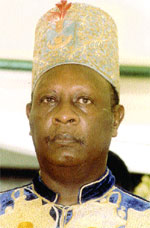 | Uganda Bunyoro-Kitara: HM King Solomon Gafabusa Iguru His Majesty King Rukirabasaija Agutamba Solomon Gafabusa Iguru the First, from the Royal Biito Dynasty is the Forty-ninth Omukama of Bunyoro-Kitara. He is the twenty-seventh King (Omukama) of one of the most powerful Kingdoms in the history of Africa. |
|
 | Uganda Buganda: HM Kabaka Rodney Muwenda Mutebi II Ronald Edward Frederick Muwenda Kimera Mutebi II (born 13 April 1955) is the reigning Kabaka of the Kingdom of Buganda, a kingdom in modern-day Uganda. He is the thirty-sixth (36th) Kabaka of Buganda. |
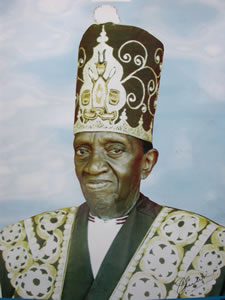 | Uganda Busoga: His Royal Highness Isebantu Kyabazinga (HRH Henry Wako Muloki) But in 1995, the government restored monarchies in Uganda with promulgation of the new constitution of the Republic of Uganda; Article 246(1) On February 11, 1995, H.R.H Henry Wako Muloki was reinstated Kyabazinga Isebantu of Busoga. |
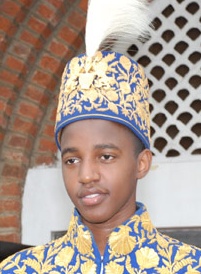 | Uganda Toro: HM King Oyo Nyimba Kabambaiguru Rukidi IV The accession of King Oyo to his father's throne marked the beginning of a challenging and exciting period for the people of Toro. At the infant age of three-and-one half years old, King Oyo of Toro earned a place in the Guinness Book of World Records as the youngest reigning monarch. |
Traditional leaders versus de jure sovereign Royals
Background
Especially in Africa and Asia, most local Kings and Queens are limited to a status of a recognized traditional leader of an indigenous people or a group of peoples. Their ancestors signed treaties with the colonial governments and ceded their powers to the new rulers, accepting a leadership position within religion and society only. In exchange, the new authorities agreed to recognize them as Kings or Queens and leaders of their people, within their jurisdiction. They still appear as Kings and Queens according to their traditions and as authorized by the said agreements. They are Honorary Kings so to speak and as such absolutely genuine.
However, although they are acknowledged by the government as traditional leaderships of indigenous peoples or ecclesiastical leaders, they lack the fundament for any kingdom: genuine Royalty or sovereignty. Under international and national law, the sovereignty and Royalty was permanently lost by signing said papers. Although the authorities tend to cooperate with these traditional leaderships, they are, in most cases, not a formal part of the hosting government system nor are they authorized to exercise any real governmental powers.
Royal Hashemite Sultanate of Sulu and North Borneo
Confusion appears when talking about the Sultanates in the southern Philippines. The country sees the return of traditional Islamic leaders on its territories, since some years. Several of the re-emerging kingdoms are starting to flourish again and to increase their influence in society and even politics. In many of them the issue who is the current legitimate head is disputed by branches or families. However, although they are acknowledged by the government as traditional leaderships of indigenous peoples and ecclesiastical leaders, they lack the fundament for any kingdom: genuine Royalty or sovereignty. Most, if not all, signed treaties with the colonial governments and ceded their powers to the new rulers, accepting a leadership position within religion and society only. Under international and national law, the sovereignty and Royalty was permanently lost by signing said papers.
Although the Philippine authorities tend to cooperate with these traditional leaderships, they are not a formal part of the Republic nor are they authorized to exercise any real governmental powers. However, they are occasionally granted few powers on a case to case basis or positions in the government.
Titles and awards
The title of Sultan is an honorific, chartered by the carpenter agreement and recognized by the Philippine government as the title of the titular head of Islam and the traditional leader of the Tausug people. The Sultan does neither possess Royalty nor sovereignty under Philippine and international law.
The Sultanate grants honorific titles to persons working within the leadership, corresponding to the ancient governmental, noble and royal titles used in the kingdom when it was a de facto or de jure sovereign entity. These titles are named traditional titles and the bearers are named traditional leaders by the Sultanate. These titles are purely honorific and must not be understood or even used as titles of nobility or Royalty under international law.
The government chartered the practice of awarding such titles under the National Commission on Indigenous Peoples Administrative Order No.1 – Series of 1998 (Footnote 28) in Rule IV, Section 2, and the REPUBLIC ACT NO. 8371 THE INDIGENOUS PEOPLES’ RIGHTS ACT OF 1997:
http://www.ncip.gov.ph/images/PDF/IRR%20-%20IPRA.PDF
Philippine Constitution expressly forbade the enactment of any law granting titles of royalty or nobility under Section 31, Article V1.
Royalty in Indonesia
The Dutch Colonial Government in the past respected and referred to the authorities of those two principalities in carrying out their autonomous self government, arranged under a political contract. When the Indonesian independence was proclaimed the ruler of both principalities, the Sultan of Yogyakarta and Prince of Regent of Pakualaman declared a statement that Yogyakarta Sultanate and Pakualaman Regency became part of the Republic of Indonesia. Those two regions were unified to form the Special Region of Yogyakarta and the Sultan of Yogyakarta to be the Governor and the Prince of Regent of Pakualaman as the vice-governor, both were responsible for the president of the Republic of Indonesia. The special Region of Yogyakarta was formally formed after the independence war ended and legalized with the Aug 3, 1950.
The Republic of Indonesia is a group of islands located in the Indian and Pacific oceans near Southeast Asia. It is the world's largest archipelago (island group), with around 13,670 islands, more than half of which are uninhabited.
There were many Hindu and Buddhist kingdoms in early Indonesia. By the end of the 13th century, Islamic kingdoms had also been established, and over the next few centuries Islam slowly spread through the islands.
In the 16th century, European traders began gaining influence in Indonesia, and eventually the Dutch took control. Indonesia came to be called the Dutch East Indies. It remained a colony of the Netherlands until 1949, when it gained independence. Its first two presidents, Sukarno and Suharto, became dictators, but more recently Indonesia has been moving toward true democracy.
There are over 230 million people in Indonesia. Approximately 88 percent are Muslim, making it the world's largest Islamic country. It is also the fourth most populous country in the world (after China, India, and the United States).
Indonesia is ethnically diverse. Although the official language is Bahasa Indonesia, a form of Malay, many other languages are spoken, including Dutch, English, and local dialects such as Javanese. More than half of all Indonesians live on the island of Java, where the capital city of Jakarta is located.
The former Indonesian province of East Timor, made up of islands at the eastern end of the archipelago, became an independent republic in 2002. Indonesia and East Timor are not monarchies, but traditional leaders still have influence.
The Largest Indonesian Islands
The Indonesian province of Irian Jaya occupies the western half of the world's second largest island, New Guinea. The eastern half of the island belongs to the Independent State of Papua New Guinea. Indonesia also owns 75 percent of the world's third largest island, Borneo, which Indonesians call Kalimantan. The rest of Borneo belongs to Brunei and Malaysia. Other large Indonesian islands include Sumatra, Sulawesi, and Java.
Indonesia
and Yogyakarta
Indonesia
straddles the Equator between the Indian Ocean and the Pacific Ocean. It has land
borders with Malaysia to the north; East Timor and Papua New Guinea to the
east, Australia to the south and the Philippines, Vietnam, Singapore, Thailand
to the north.
Indonesia's unique and cultural heritage, shaped over the centuries by Arabic, Chinese, Indian, Malay, and European influence. This cultural fusion is evident everywhere and has shaped both the country's architecture and its diverse visual and performing arts.
Their historical, invaluable efforts and services for Indonesia are the reason. Yogyakarta Sultanate was actually an independent kingdom outside Indonesia, established at 1755. Indonesia didn?t conquer them. Yogyakarta's support was essential in the Indonesian struggle for independence during the Indonesia National Revolution.
When the Indonesian independence was proclaimed (1945), the rulers of Yogyakarta Sultanate, the Sultan of Yogyakarta and Prince of Pakualaman made a declaration they would become part of the Republic of Indonesia. Sultan Hamengkubuwana IX (honorary title) sent a telegram on August 20th, 1945 saying that the kingdom is ready to stand behind Soekarno, the first president of Indonesia.
In
return for all Yogyakarta's support, the declaration of Special Authority over
Yogyakarta was granted in full in 1950 and Yogyakarta was given the status as
a Special Administrative Region, making Yogyakarta the only
region headed by a monarchy in Indonesia. This was arranged in 1945
Constitution article 18 and Republic of Indonesia Law number 13 year 2012.
In August
2012, the Indonesian parliament passed a law that confirmed the status of the
province of Yogyakarta as a so-called Special Region. This status had been in
place since Indonesian independence; however, decentralization policies
introduced after the fall of Suharto in 1998 raised questions about its legal
foundations. The 2012 law appoints the traditional ruler of the former
Sultanate of Yogyakarta, Sultan Hamengkubuwono, as governor of the region
without the need for an election. This regulation makes Yogyakarta the only
province in contemporary Indonesia whose governor is not freely elected by the
people. The law therefore formalized a unique hybrid system of government for
Yogyakarta in which elements of democratic rule are combined with features of a
traditional monarchy.
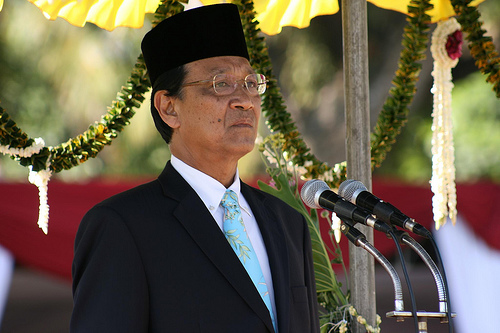
Chieftain and Customary Law in Ghana?s Fourth Republic
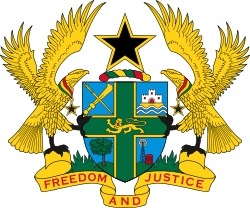
In several African countries, the state developed an antagonistic relationship between itself and traditionally organized society, as it lacks the power to reorganize the society, a typical weakness of both the colonial and post-colonial states.
In Ghana chieftainships survived after the end of colonial rule, as the chiefs remained a powerful authority in the mediation between the state and the communities. After independence, Ghana continued with colonial administrative boundaries and the chiefs maintained the role and power at local level especially in rural areas.
Ghana has a rich indigenous culture. Culturally, the peoples of Ghana have many affinities with their French-speaking neighbors, but each ethnic group has distinctive cultural attributes. In all parts of the country the cultural heritage is closely linked with religion and the institution of chieftain. Various festivals and rites are centered on chieftain and the family and are occasioned by such events as harvest, marriage, birth, puberty, and death.
Ghanaian society is without sharp class distinctions. Insofar as traditional authority is based on a system of hereditary chieftain, it is possible to speak of aristocratic classes within the ethnic groups, but the institution of chieftain is essentially democratic in operation, and the authority of chiefs is broadly based. Land is usually owned by families, militating against the emergence of a small, powerful landed class wielding economic control over a landless class.
The concept of chief is defined as a "person elected or selected in accordance with customary usage and recognized by the government to wield authority and perform functions derived from tradition or assigned by central government within specified areas" (Arhin, 1985). In Ghana, this position is guaranteed under the Fourth Republican Constitution (1992). Article 270 (1) of the 1992 constitution states, "the institution of chieftain, together with its traditional councils as established by customary law and usage, is hereby guaranteed"
Article 277 of the 1992 Constitution defines a chief as "a person, who, hailing from the appropriate family and lineage, has been validly nominated, elected or selected and enstooled, enskinned or installed as a chief or queen mother in accordance with the relevant customary law and usage"

